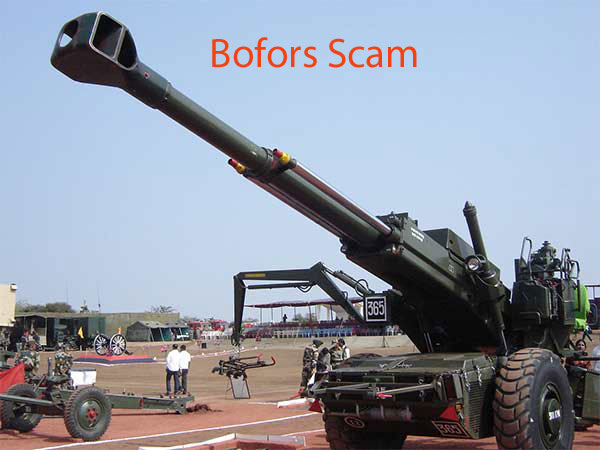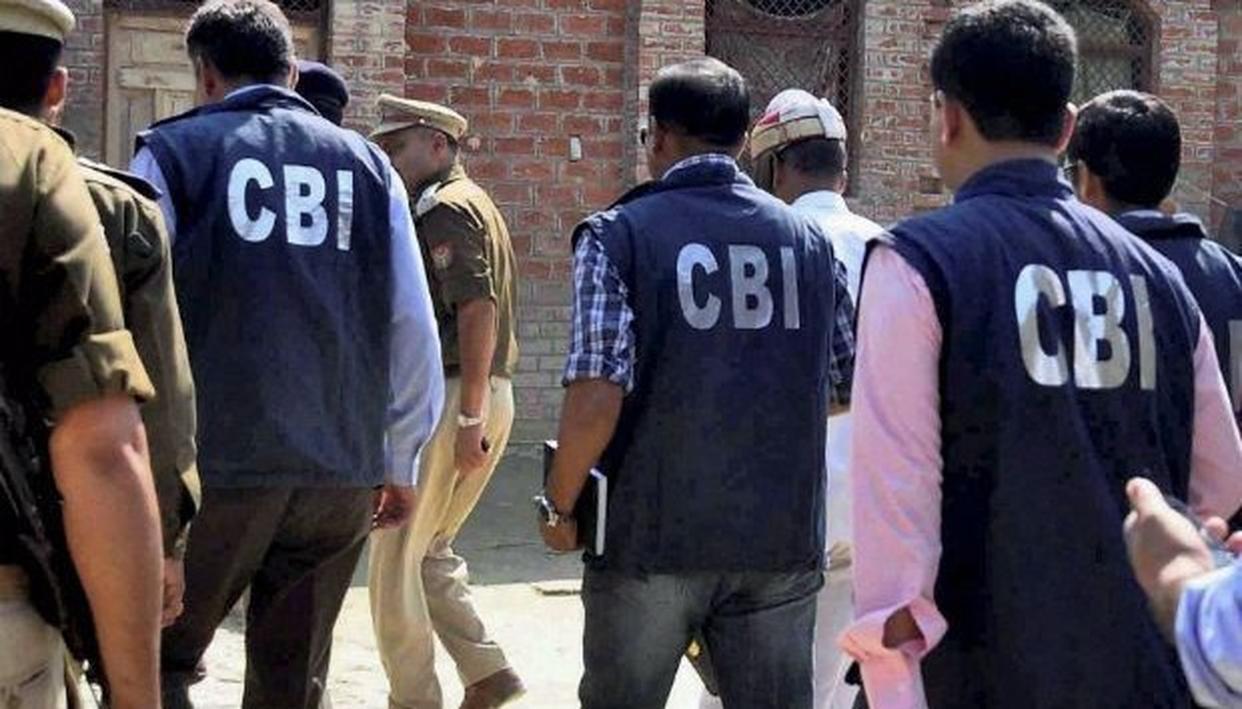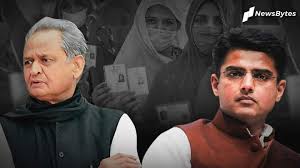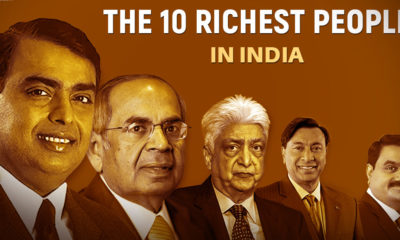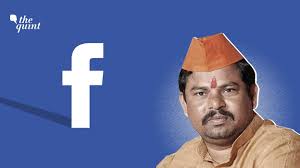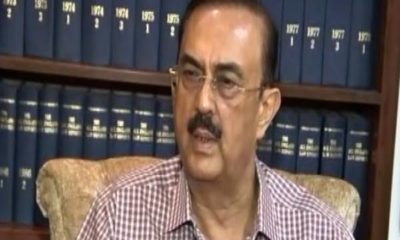Feature
Very soon CBI may reopen ‘Bofors case’ a major political scandal
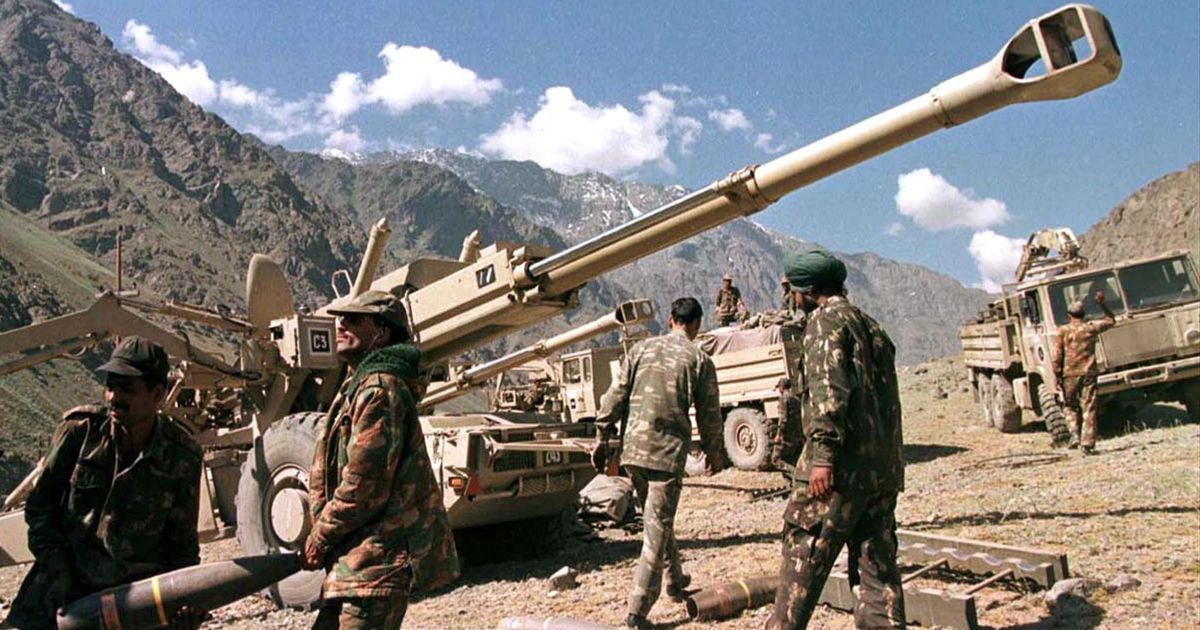
New Delhi: One of the major Political scandal seems once again to be in limelight as The Central Bureau of Investigation (CBI) told a parliamentary panel today that it may reopen the Bofors case.
The Rs 64 crore payoff scandal which significantly contributed to the downfall of the Rajiv Gandhi government in the 1989 General Elections, and for 30 years has haunted the Congress.
In its reply to the parliamentary committee, the CBI has indicated that it can support the Special Leave Petition pending in the Supreme Court.
The alleged corruption in the Bofors gun deal had created a scandal in the middle of Rajiv Gandhi’s term as Prime Minister in 1987 and had significantly contributed to the political discourse against his party, which lost the Lok Sabha elections in 1989.
ALL YOU NEED TO KNOW ABOUT BOFORS CASE:
The Rs 1,437-crore deal between India and Swedish arms manufacturer AB Bofors for the supply of 400 155mm Howitzer guns for the Army was entered on March 24, 1986.
The Swedish Radio on April 16, 1987 had claimed that the company had paid bribes to top Indian politicians and defence personnel.
The CBI on January 22, 1990 had registered the FIR for the alleged offence of criminal conspiracy, cheating, forgery under the IPC and other sections of the Prevention of Corruption Act against Martin Ardbo, the then President of AB Bofors, alleged middleman Win Chadda and Hinduja brothers.
CBI had alleged that certain public servants and private persons in India and abroad had entered into a criminal conspiracy between 1982 and 1987 in pursuance of which the offences of bribery, corruption, cheating and forgery were committed to the extent of Rs 64 crore in the contracts for the supply of Bofors guns.
The first chargesheet in the case was filed on October 22, 1999 against Chadda, Italian businessman Ottavio Quattrocchi, then Defence Secretary S K Bhatnagar, Ardbo and the Bofors company. A supplementary charge sheet against Hinduja brothers was filed on October 9, 2000.
A special CBI court in Delhi On March 4, 2011, had discharged main accused Quattrocchi from the case saying the country cannot afford to spend hard-earned money on his extradition which has already cost Rs 250 crore.
Quattrocchi, who had fled from New Delhi on July 29-30, 1993, has never appeared before any court in India to face prosecution. He passed away on July 13, 2013. The other accused persons who have died are Bhatnagar, Chadda and Ardbo.
The case was finally closed after a plea by the CBI on March 5, 2011, when a Delhi court ruled that the “hard-earned” tax-payers’ money could not be spent “on these type of proceedings which are not going to do any good to them”.
The case came up again before the Supreme Court in 2016 with the CBI informing it that the then UPA government led by the Congress had denied permission to it to appeal against the Delhi court order.
On August 6 this year, BJP leader and advocate Ajay Agrawal had moved an application in the Supreme Court seeking early hearing of the politically-sensitive Rs 64 crore Bofors pay-off case.
Agrawal has also alleged apparent collusiveness by the CBI with the accused persons in the Bofors scam, saying the agency did not challenge the Delhi High Court’s May 31, 2005 judgement quashing all charges against the Europe-based Hinduja brothers.
Entertainment
Meghalaya Reserves Legalized Gambling and Sports Betting for Tourists

The State Scores Extra High on Gaming-Friendly Industry Index
Meghalaya scored 92.85 out of 100 possible points in a Gaming Industry Index and proved to be India’s most gaming-friendly state following its recent profound legislation changes over the field allowing land-based and online gaming, including games of chance, under a licensing regime.
The index by the UK India Business Council (UKIBC) uses a scale of 0 to 100 to measure the level of legalisation on gambling and betting achieved by a state based on the scores over a set of seven different games – lottery, horse racing, betting on sports, poker, rummy, casino and fantasy sports
Starting from February last year, Meghalaya became the third state in India’s northeast to legalise gambling and betting after Sikkim and Nagaland. After consultations with the UKIBC, the state proceeded with the adoption of the Meghalaya Regulation of Gaming Act, 2021 and the nullification of the Meghalaya Prevention of Gambling Act, 1970. Subsequently in December, the Meghalaya Regulation of Gaming Rules, 2021 were notified and came into force.
All for the Tourists
The move to legalise and license various forms of offline and online betting and gambling in Meghalaya is aimed at boosting tourism and creating jobs, and altogether raising taxation revenues for the northeastern state. At the same time, the opportunities to bet and gamble legally will be reserved only for tourists and visitors.
“We came out with a Gaming Act and subsequently framed the Regulation of Gaming Rules, 2021. The government will accordingly issue licenses to operate games of skill and chance, both online and offline,” said James P. K. Sangma, Meghalaya State Law and Taxation Minister speaking in the capital city of Shillong. “But the legalized gambling and gaming will only be for tourists and not residents of Meghalaya,” he continued.
To be allowed to play, tourists and people visiting the state for work or business purposes will have to prove their non-resident status by presenting appropriate documents, in a process similar to a bank KYC (Know Your Customer) procedure.
Meghalaya Reaches Out to a Vast Market
With 140 millions of people in India estimated to bet regularly on sports, and a total of 370 million desi bettors around prominent sporting events, as per data from one of the latest reports by Esse N Videri, Meghalaya is set to reach out and take a piece of a vast market.
Estimates on the financial value of India’s sports betting market, combined across all types of offline channels and online sports and cricket predictions and betting platforms, speak about amounts between $130 and $150 billion (roughly between ₹9.7 and ₹11.5 lakh crore).
Andhra Pradesh, Telangana and Delhi are shown to deliver the highest number of bettors and Meghalaya can count on substantial tourists flow from their betting circles. The sports betting communities of Karnataka, Maharashtra, Uttar Pradesh and Haryana are also not to be underestimated.
Among the sports, cricket is most popular, registering 68 percent of the total bet count analyzed by Esse N Videri. Football takes second position with 11 percent of the bets, followed by betting on FIFA at 7 percent and on eCricket at 5 percent. The last position in the Top 5 of popular sports for betting in India is taken by tennis with 3 percent of the bet count.
Local Citizens will Still have Their Teer Betting
Meghalaya residents will still be permitted to participate in teer betting over arrow-shooting results. Teer is a traditional method of gambling, somewhat similar to a lottery draw, and held under the rules of the Meghalaya Regulation of the Game of Arrow Shooting and the Sale of Teer Tickets Act, 2018.
Teer includes bettors wagering on the number of arrows that reach the target which is placed about 50 meters away from a team of 20 archers positioned in a semicircle.
The archers shoot volleys of arrows at the target for ten minutes, and players place their bets choosing a number between 0 and 99 trying to guess the last two digits of the number of arrows that successfully pierce the target.
If, for example, the number of hits is 256, anyone who has bet on 56 wins an amount eight times bigger than their wager.

